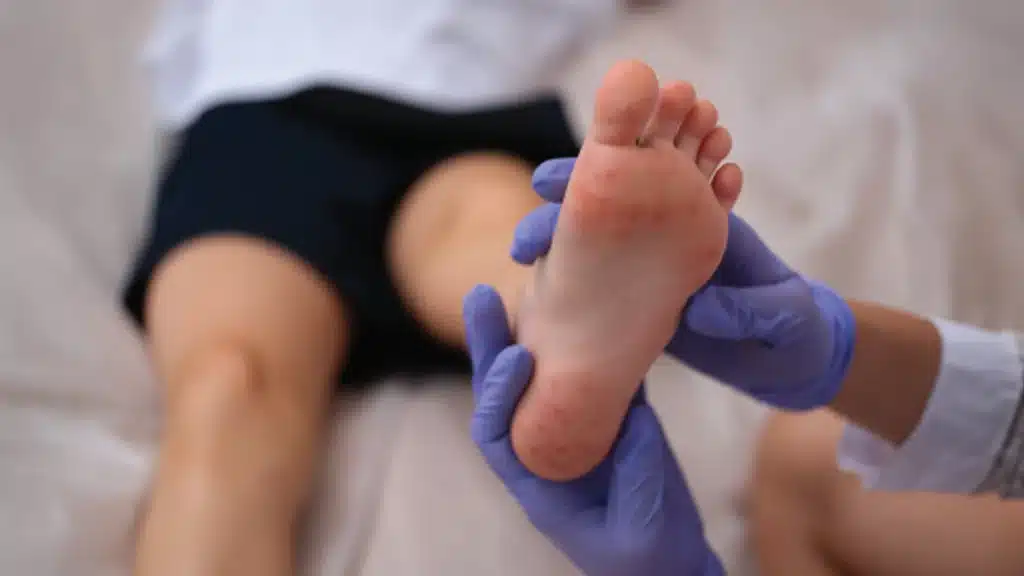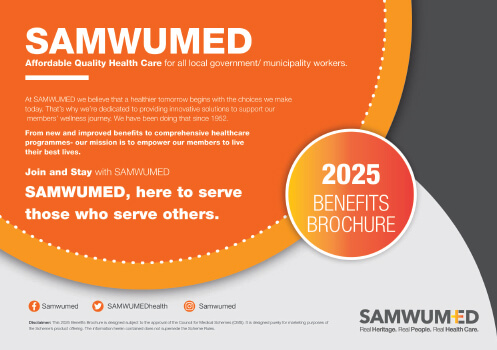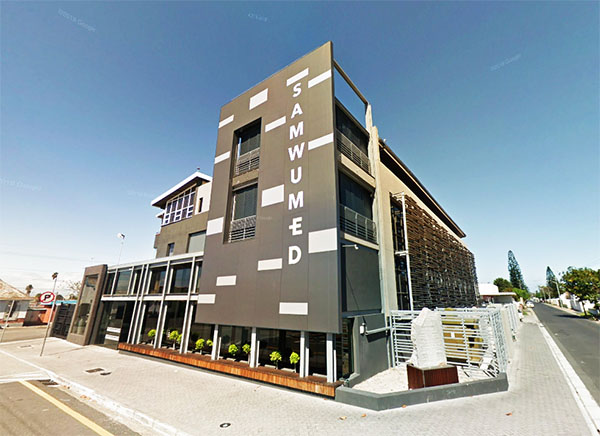As many as one in six South Africans suffer from anxiety, depression or substance-use problems (and this does not include more serious conditions such as bipolar disorder or schizophrenia), according to statistics released by the South African Depression and Anxiety Group (SADAG). (Source – South African College of Applied Psychology)
Depression is a mood disorder whose symptoms include feelings of sadness, worthlessness or guilt. It does not discriminate. It affects all races, ages, genders, classes and religions.
In an article published in Parent24, SADAG goes on to identify the main triggers of depression as:- relationship problems, family issues, abuse, loss or grief and trauma. Others are exam stress, substance abuse, bullying, learning difficulties, financial issues and chronic illness.
Furthermore, it is important to know the signs and symptoms of depression and suicide, and how to get help before it is too late.
In Particular the youth are more vulnerable as they do not have enough coping skills to handle problems on a daily basis.
Symptoms of Depression
Some common symptoms of depression are:- deep feelings of sadness; dark moods; feelings of worthlessness or hopelessness; appetite changes; lack of energy; difficulty getting through normal activities; withdrawing from friends and preoccupation with death or thoughts of self-harm. This is according to healthline, a health information site.
Types of Depression
According to Healthline, there are different types of depression:
- Major depression
People with this type of depression experience depression daily irrespective of what may be going on around them at the time. The symptoms would include: – despondency, gloom, or grief; difficulty sleeping or sleeping too much; loss of interest in formerly pleasurable activities; feelings of worthlessness or hopelessness; constant worry and anxiety; and thoughts of death, self-harm, or suicide.
- Persistent depression
Persistent depressive disorder may not feel as intense as major depression, but it can still strain relationships and negatively impact the quality of life.
- Manic depression
Manic depression consists of periods of mania characterised by feeling of extreme happiness, alternating with episodes of depression. This type of depression is also diagnosed as Bi-Polar.
- Depressive psychosis
People with this condition may lose touch with reality, have hallucinations (when you see, hear, smell, taste, or feel things that aren’t really there) and become delusional (beliefs that do not make sense). This is referred to as psychosis.
This type of depression also has physical symptoms including the inability to sit still or slowed physical movements
- Perinatal depression
Perinatal depression is depression that occurs while women are pregnant. After birth depression is called postpartum. The major contributor is hormonal changes that take place during pregnancy and childbirth can trigger changes in the brain resulting in mood swings.
Symptoms may include: – sadness, anxiety, exhaustion, difficulty caring for yourself or the new baby and thoughts of self-harm or harming the baby.
- Situational depression
Situational depression is brought about by specific events such as: – the death of a loved one; serious illness; divorce; emotionally or physically abusive relationships, being unemployed or facing serious financial difficulties.
SAMWUMED covers Depression under its Chronic Illnesses Cover. To activate the benefit, members have to register. Treating doctors need to call the SAMWUMED Managed Care Provider, Medscheme on: 0860 33 33 87 to register patients.









